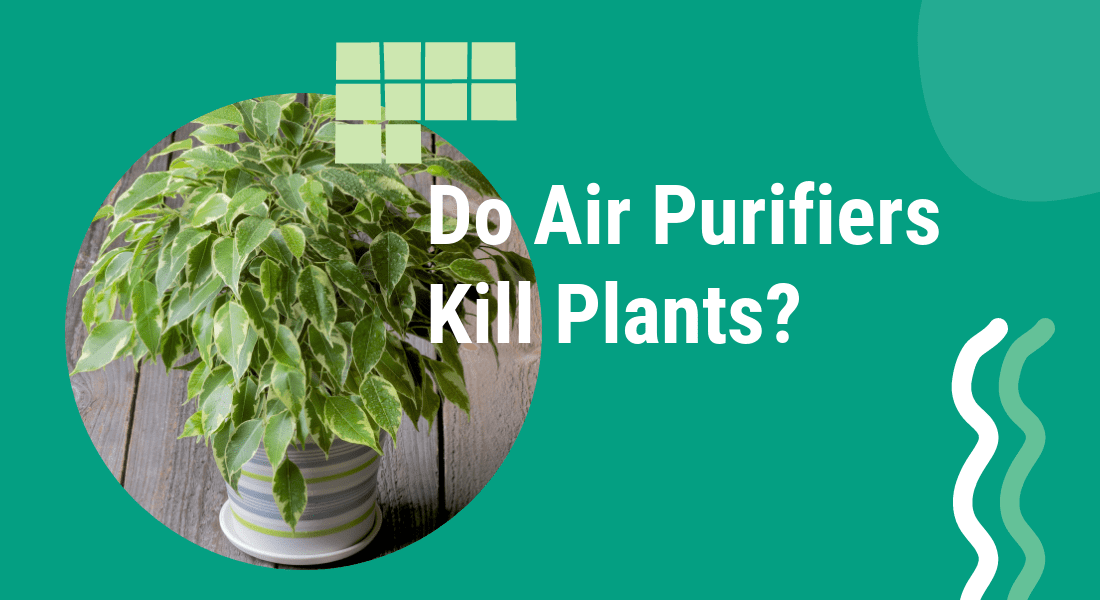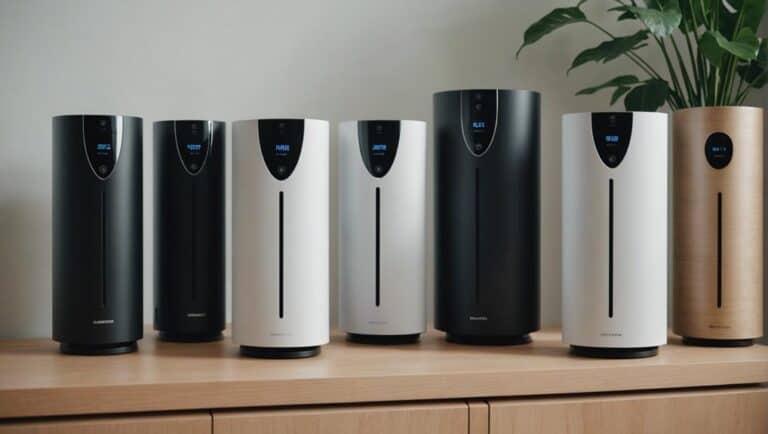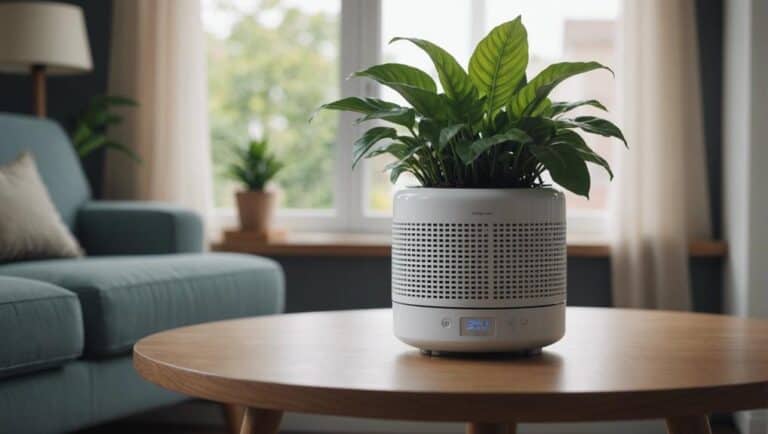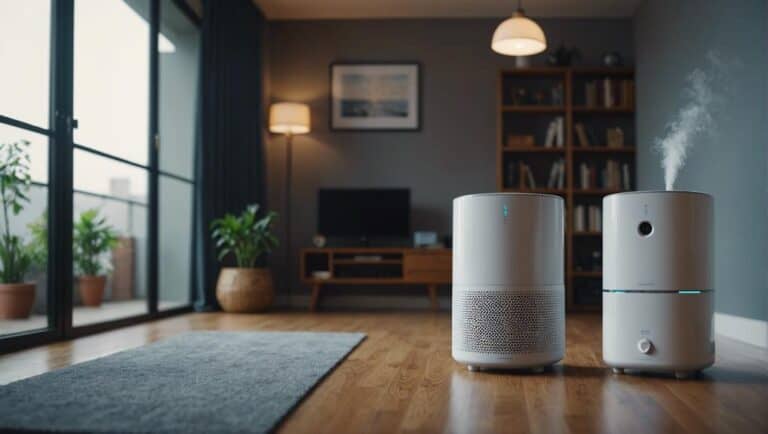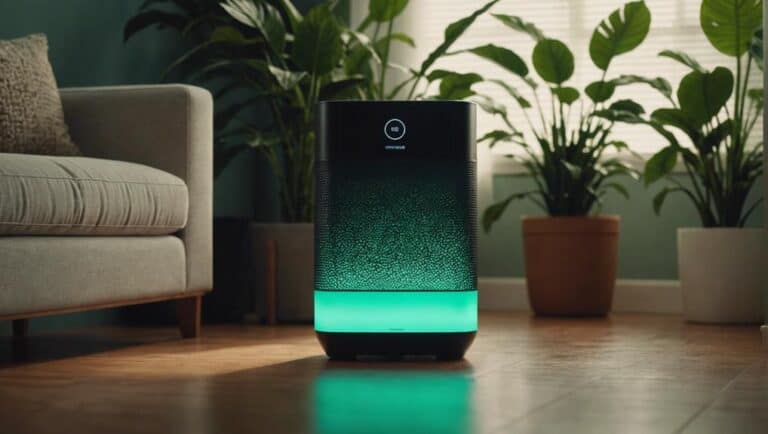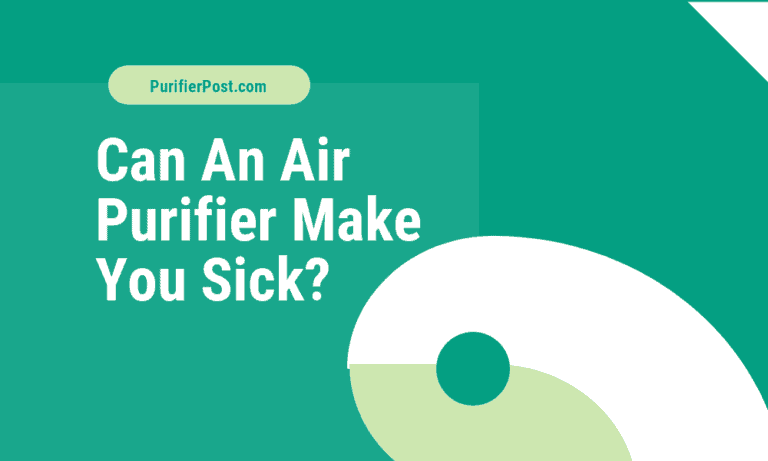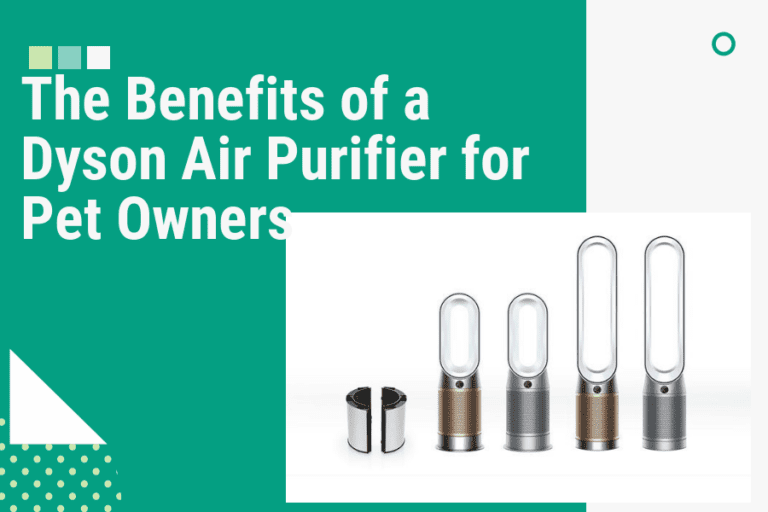do air purifiers kill plants?
Air purifiers are great for cleaning the air in your house or business. However, they can be harmful to plants as well. Air purifiers kill germs and bacteria that might cause illness and sickness in people. They also remove odors, dust, pollen, and other airborne particles from the air that can make you sick. But they also kill some of the same germs and bacteria that humans do as well. This can harm plant leaves, roots, soil, and other parts of the plant if it isn’t cleaned properly. In general, it is not good for a home or office if all of its air is filtered through an air purifier every hour of every day. Plants need natural sunlight, fresh air, and good airflow to grow healthily. If your home or office is constantly being filtered through an air cleaner instead of being exposed to natural sunlight, fresh air, and good airflow daily, it will struggle to thrive.
How air purifiers kill plants
An air purifier can kill a plant if it is constantly running and the filter is not cleaned.
The best thing to do to avoid harming your plants from air-purifying machines is to clean them out frequently. This will ensure that the filters are clear of germs, bacteria, and other particles.
In general, if you have an air purifier in your home or office, it’s a good idea to turn it off when you’re not using it so that the plants aren’t harmed.
What parts of a plant can be harmed by air purifiers?
The air purifying machine can harm the leaves, roots, and soil of plants if it isn’t cleaned properly. This could cause the plant to die or struggle to grow.
When should a plant not use an air purifier?
It’s best not to use an air purifier in a greenhouse that’s filled with plants. The air purifiers will trap humidity and may cause some plants to die. It is also best not to use an air purifier for an area where there are about 300 square feet of living space or more.
Too much use of an air purifier can be harmful to the plant life in your home or office. So, when should a plant be used with a filter?
When there are no plants in the area where you want to use a filter, this is a good time. You can put the filter on one wall of the room and place your plants on another wall. This way, they will still get fresh air and sunlight while avoiding the dangers of being filtered through an air purifier every hour of every day.
How do you get the most out of an air purifier for your plants?
One of the best options for keeping your plants healthy and alive is to turn off or remove the air purifier for a few hours every day. You should also use it on a timer and make sure that you clean it regularly to keep it in good condition.
Conclusion
Plants need fresh air, oxygen, and water to grow. Air purifiers can’t provide any of these things, so they can easily kill your plants. This post gives a few tips on how to keep your plants alive while there’s air purifier around.
FAQs
What are the benefits and drawbacks of using air purifiers?
There are many benefits of using an air purifier, but one of the most notable is that it can help to improve the air quality in your home or workplace.
By removing the majority of airborne contaminants, you can ensure that your surroundings are as healthy as possible. This can help to improve your health and quality of life, and can also help to reduce the number of sick days that you need to take each year.
Another benefit of using an air purifier is that it can help to rid your home or workplace of the unpleasant smell that can often be present. This is particularly useful if you have pets or children in the house, as you will no longer need to worry about them disturbing the peace!
Finally, by improving the quality of your indoor air, you will also be reducing your exposure to all of the potentially harmful effects of outdoor air pollution. By breathing in clean, purified air from an air purifier, you can protect your health and well-being at all times.
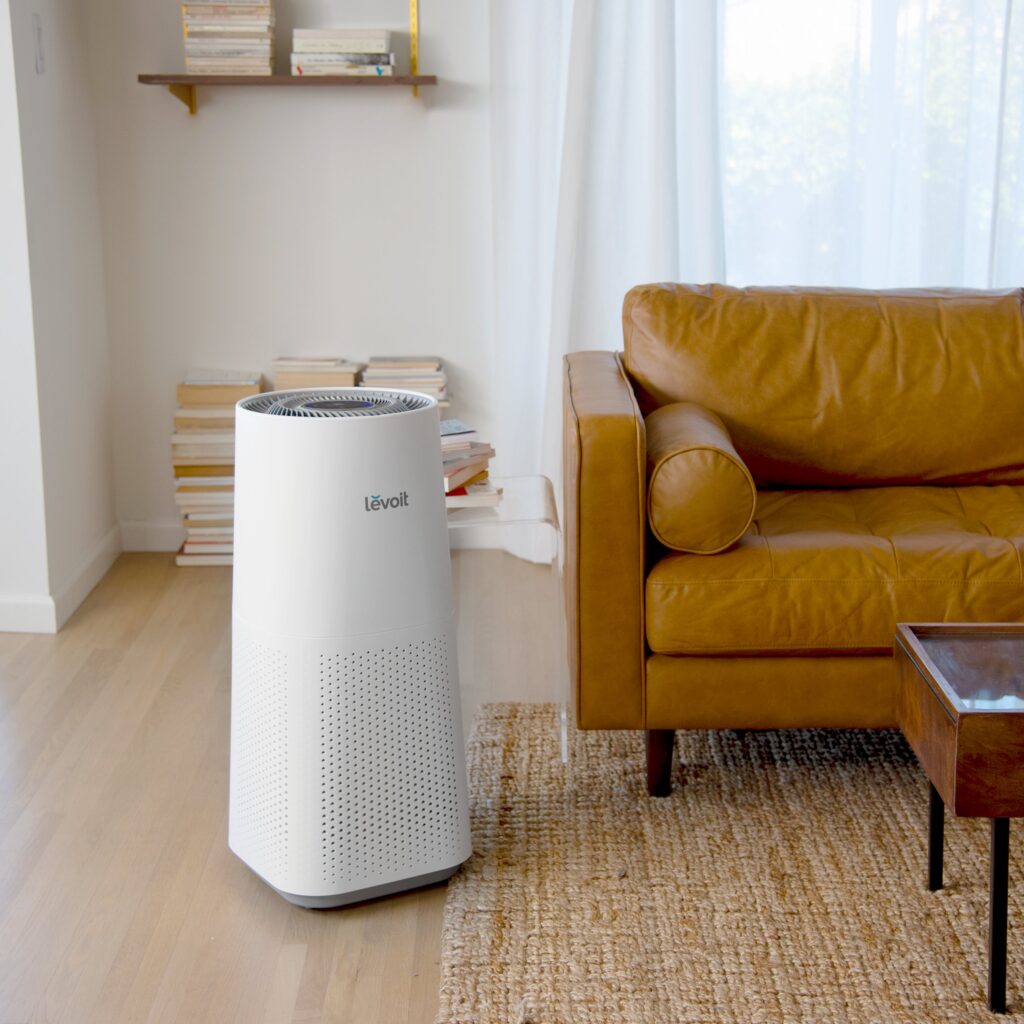
How can you clean an air purifier properly?
The best way to clean an air purifier is to turn it off and clean the unit and pipes with a damp cloth. If the unit has a filter, you can replace it with a new one.
You can also wash the inside of the unit with soapy water or a mild detergent if needed. It is important to keep the unit and pipes clean to get the most effective use out of it. The better the air purifier can filter out particles, the longer it will last.
What are the dangers of using an air purifier without cleaning it properly?
While air purifiers are great at cleaning the air in your home or business, they can be harmful to plants if they are used with no regard for how the plant is being exposed to that cleaner.
All plant parts are sensitive to toxic as well as noxious chemicals. Ingested airborne chemical particulates and fungi, seeds, roots, and viable microorganisms contain metabolic enzymes that provide nourishment and growth requirements for the plant.
Air in your home or office is continually exchanged by a natural atmospheric constant exchange process. By filtering all of the air in your home or office through an air purifier, you are interrupting this simulated natural atmosphere and replacing it with another artificial replacement atmosphere that is less complex, and too sterile for the growth of nature’s organisms.
This can cause plant diseases, deficiencies, and/or toxicity. More on this later in the article! When using an air purifier for ventilation or filtration, keep in mind that it will remove any odors from the area you are purifying as well as bacteria, molds, and other biological contaminants from the air.
These will likely be replaced with new airborne contaminants such as dust (which is a common allergen), pollen (triggering pollen allergies), and viruses. Moreover, the fine particulate matter removed by an air purifier will increase oxygen depletion within the room or home/office space you are creating by removing all of the breathing pores through which oxygen diffuses (air spaces).
The result can be severe rise in the human body’s carbon dioxide levels (increased heart rate, blood pressure increase, etc.), respiratory issues, and even death in some rare cases!
